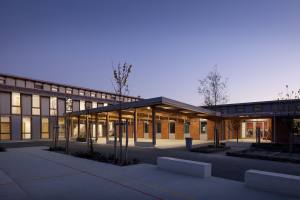Closing infrastructure material cycles through European cooperation/

Event Detail

Date:
22 November, 2022
Organiser:
Rijkswaterstaat, German Sustainable Building Council, Nordic Circular Hotspot.
Country:
United States
City:
United StatesInfrastructure makes up a significant part of the built environment and is the backbone of a healthy economy. Infrastructure enables trade, powers businesses, connects workers to their jobs, creates opportunities for struggling communities and protects the nation from an increasingly unpredictable natural environment. The economy needs reliable infrastructure to connect supply chains and efficiently move goods and services across borders.
Delivering infrastructure, however, is becoming increasingly challenging. Infrastructure has a significant environmental impact from material use, waste production and CO2 emissions. Population growth, climate change, and the increasing need for more infrastructure in developing countries and for renovation and replacement of existing infrastructure in developed economies pose new challenges and demands on already depleted infrastructure and unprecedented pressure on the availability of raw materials. Infrastructure projects are currently facing shortages and unavailability of materials, and accordingly large price increases due to the Covid-19 pandemic. And this is only expected to increase as global supply chains, already hit by the pandemic, face new disruptions from the conflict in Ukraine and are generally very vulnerable to changing geopolitics.
As European economies are highly material import dependent, closing infrastructure material cycles at the European level is essential to address these challenges. It reduces pressure on the environment, enhances material supply security, increases competitiveness, innovation, and growth, and creates jobs. But how can we achieve that? What challenges and opportunities for closing material cycles in infrastructure through European cooperation?

